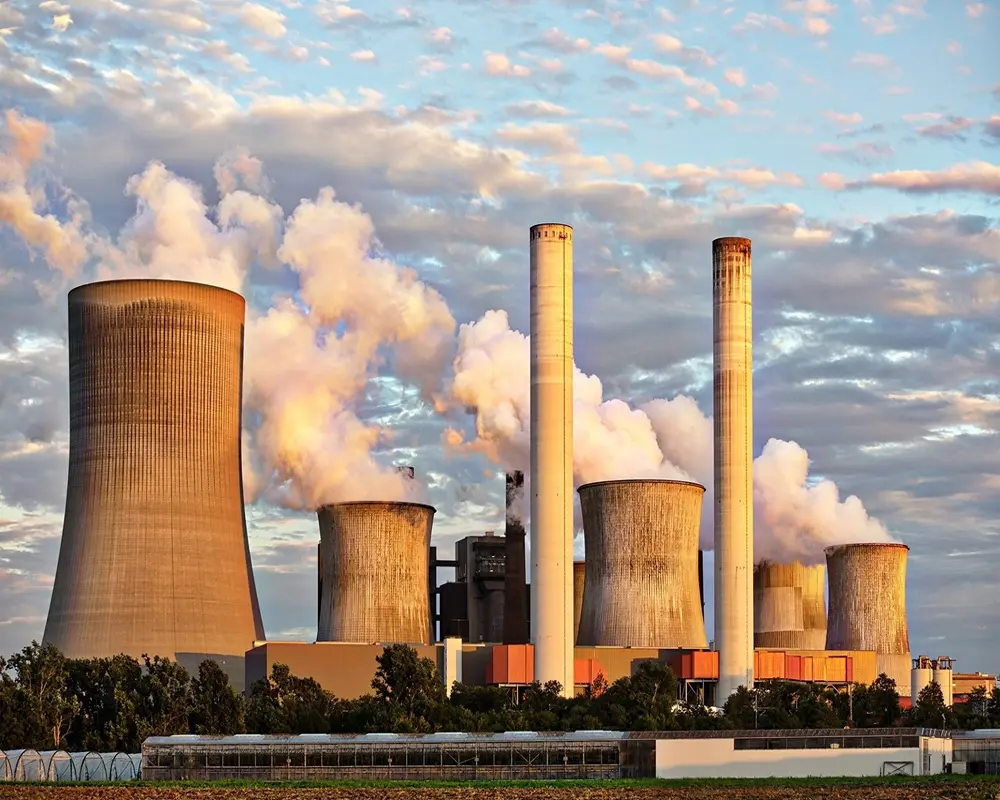The final report of a project that models how Australia might meet its 2050 climate target has shown that Nuclear power should not form part of Australia’s plans to reach net zero emissions because it is too expensive and slow.
The Net Zero Australia report, a partnership between major academic institutions and the management consultancy Nous Group, shows that the federal government has a major role to play in accelerating all options that could make a “material contribution” to achieving net zero.
The release of the report comes days after the opposition leader, Peter Dutton, ramped up calls for nuclear power in Australia and a debate about removing the legislative ban on nuclear power in Australia.
Among other things, the report includes major investment in batteries, solar, onshore wind, pumped hydro and transmission. Among renewable options, offshore wind was found to have the most uncertain pipeline, with the report concluding first power from offshore wind projects needed to occur in 2030.
Read also: UN: First week of July was world’s hottest ever recorded
However, the report concludes that nuclear power should not be factored in to net zero plans and states that to “reduce renewable targets in the belief that nuclear will be deployed later at scale would create a material risk of not achieving net zero, or doing so at an excessive cost”.
Richard Bolt, principal at Nous Group, said: “Nuclear power should not be in our plans, because it’s too expensive and slow. Only a dramatic fall in costs and prolonged renewable constraints would prompt a rethink.”
The report also warns that Australia’s path to net zero carbon emissions in 2050 will require faster, broader and more innovative decarbonisation efforts and the pipeline of large-scale solar and onshore wind projects risks falling short of the required build rate.
The report which modelled six scenarios, all of which included a fleet of gas-fired peaking plants to provide back-up to renewables and storage but with “minimal” actual use of gas, also finds carbon capture utilisation and storage is a “crucial component of a net zero strategy” despite the technology not having delivered meaningful emissions cuts to date.
Story was adapted from the Guardian.
